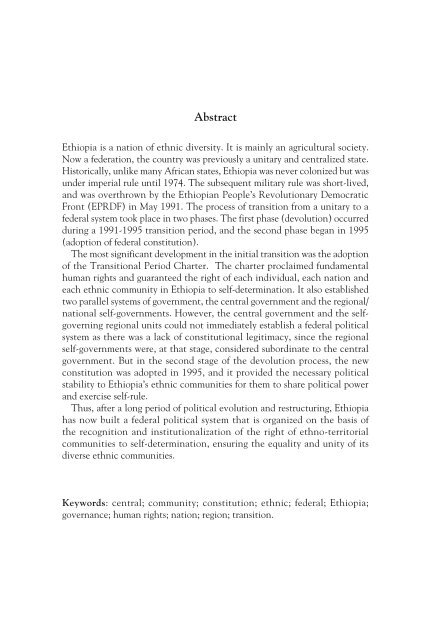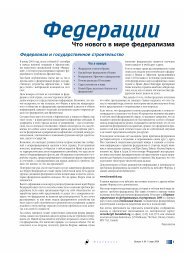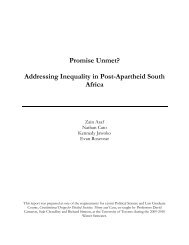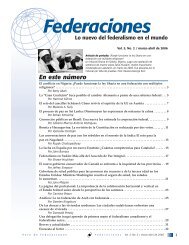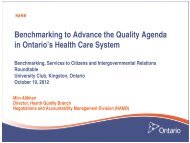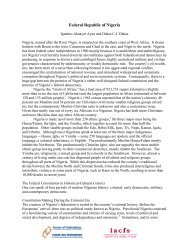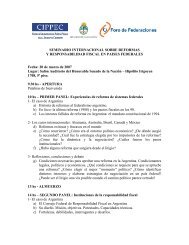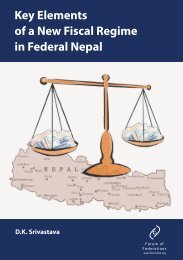Transition to Federalism: The Ethiopian Experience - Forum of ...
Transition to Federalism: The Ethiopian Experience - Forum of ...
Transition to Federalism: The Ethiopian Experience - Forum of ...
You also want an ePaper? Increase the reach of your titles
YUMPU automatically turns print PDFs into web optimized ePapers that Google loves.
Abstract<br />
ethiopia is a nation <strong>of</strong> ethnic diversity. it is mainly an agricultural society.<br />
now a federation, the country was previously a unitary and centralized state.<br />
his<strong>to</strong>rically, unlike many african states, ethiopia was never colonized but was<br />
under imperial rule until 1974. <strong>The</strong> subsequent military rule was short-lived,<br />
and was overthrown by the ethiopian people’s revolutionary democratic<br />
Front (eprdF) in may 1991. <strong>The</strong> process <strong>of</strong> transition from a unitary <strong>to</strong> a<br />
federal system <strong>to</strong>ok place in two phases. <strong>The</strong> first phase (devolution) occurred<br />
during a 1991-1995 transition period, and the second phase began in 1995<br />
(adoption <strong>of</strong> federal constitution).<br />
<strong>The</strong> most significant development in the initial transition was the adoption<br />
<strong>of</strong> the <strong>Transition</strong>al period charter. <strong>The</strong> charter proclaimed fundamental<br />
human rights and guaranteed the right <strong>of</strong> each individual, each nation and<br />
each ethnic community in ethiopia <strong>to</strong> self-determination. it also established<br />
two parallel systems <strong>of</strong> government, the central government and the regional/<br />
national self-governments. however, the central government and the selfgoverning<br />
regional units could not immediately establish a federal political<br />
system as there was a lack <strong>of</strong> constitutional legitimacy, since the regional<br />
self-governments were, at that stage, considered subordinate <strong>to</strong> the central<br />
government. But in the second stage <strong>of</strong> the devolution process, the new<br />
constitution was adopted in 1995, and it provided the necessary political<br />
stability <strong>to</strong> ethiopia’s ethnic communities for them <strong>to</strong> share political power<br />
and exercise self-rule.<br />
Thus, after a long period <strong>of</strong> political evolution and restructuring, ethiopia<br />
has now built a federal political system that is organized on the basis <strong>of</strong><br />
the recognition and institutionalization <strong>of</strong> the right <strong>of</strong> ethno-terri<strong>to</strong>rial<br />
communities <strong>to</strong> self-determination, ensuring the equality and unity <strong>of</strong> its<br />
diverse ethnic communities.<br />
Keywords: central; community; constitution; ethnic; federal; ethiopia;<br />
governance; human rights; nation; region; transition.


